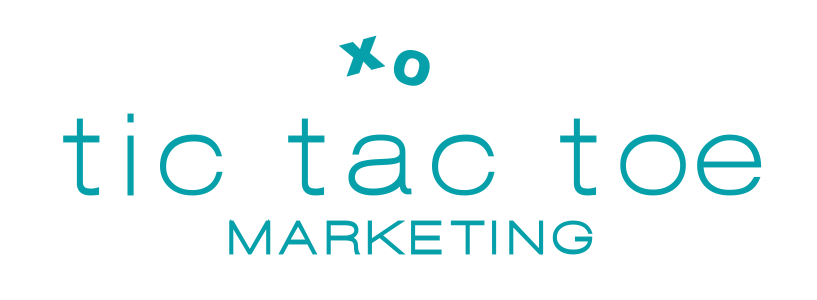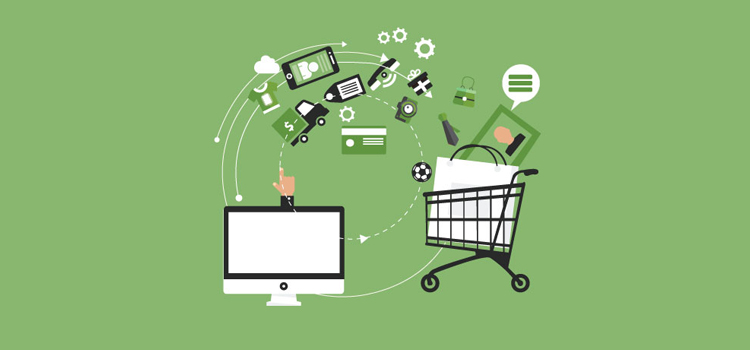I heard this phrase, “consumption is not required for ascension,” on a podcast recently. The speaker was sharing a story of his Peloton bike purchase. Like many things we buy online these days, Peloton invited him to add a few accessories to help him when he got to the checkout. He chose a 2nd pair of the special Peloton bike shoes.
Their add-on marketing worked because as soon as he decided to buy the bike, he already identified as a person who rides the bike a lot and loves it. Since he believed this, he knew he was going to need another pair of special shoes. So the actual use of the bike (consumption) wasn’t even necessary for him to buy the next thing (ascension).
Of course, we’ve all experienced this – it’s the breadsticks when you pick up take-and-bake or the book that Amazon tells us others have also ordered with the one in our cart. You get it. And, you’ve likely added things to your cart because of it.
The psychology of it isn’t all that complicated. To spend money on products, we need to justify those expenses by telling ourselves that it will make us better/happier/stronger/more fulfilled….and so on. This justification has become a normalized part of the buying experience for many people in a consumer-driven culture. We also experience a rush of endorphins when we buy things. All of this leads to wanting more. We justify our purchase because it will make us happy, and we feel a rush when we buy, so it only makes sense that we would want a little more.
Question number one – how can you apply this to what you are selling?
Question number two – should you?
I got excited when I started thinking about the possibilities of how this theory – “consumptions is not required for ascension” — could be applied to service-based industries. If all it takes to get people to add more/upgrade is to help them justify their purchase and get the rush of endorphins, we should all take advantage of that, right?
Gosh – I hope that’s not true. And I hope you don’t think that way. Just because you can doesn’t mean you should. Good marketing has integrity and authenticity.
Here’s where I think it can be applied, with integrity and for the benefit of those we serve.
Let’s start by checking in. I propose asking yourself these two questions to make sure that the work you are doing isn’t just for your gain and the manipulation of others:
- In your heart of hearts, do you believe what you are offering will help your client grow/improve/get better?
- If you believed it would help them, would you sell this to your grandma or your pastor?
Assuming you can answer ‘YES’ to both questions, let’s consider a couple of applications that I think are legit for those of us who sell services.




